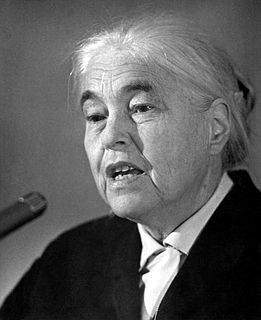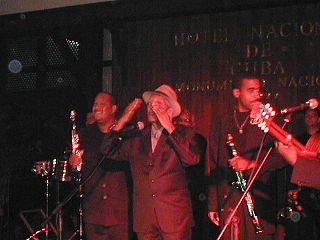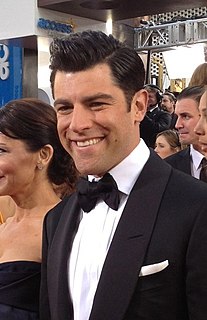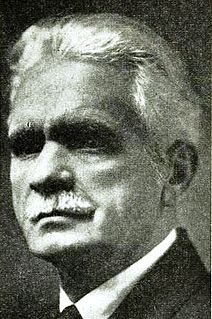A Quote by John Irving
For most of my life, when I've finished the book I'm writing, there've always been as many as two or three other novels waiting to be written next. And the decision driving which one of them it should be was never based on how long it had waited or how many accumulated pages of notes I had.
Related Quotes
I had tried writing novels for many years, and they always escaped me. For a long time, I thought, 'It's just not in me to write a novel. It's not something I'm able to do.' It seemed like everything I wrote naturally ended at the bottom of page three. A picture book, three pages; an essay, three pages.
Before I wrote The Power of Now, I had a vision that I had already written the book and that it was affecting the world. I had a sense there was already a book somehow in existence. I drew a circle on a piece of paper and it said "book." Then I wrote something about the effect the book had on the world, how it influenced my life and other people's lives, and how it came to be translated into many languages affecting hundreds of thousands of people.
In my experience, writing a novel tends to create its own structure, its own demands, its own language, its own ending. So for much of the period in which I'm writing, I'm waiting to understand what's going to happen next, and how and where it's going to happen. In some cases, fairly early in the process, I do know how a book will end. But most of the time, not at all, and in this particular case, many questions are still unanswered, even though I've been working for months.
What can I expect here? You know the fairy tale about the man who died, don’t you? He was waiting in Eternity to find out what the Lord had decided to do with him. He waited and waited, for one year, ten years, a hundred years. He begged and pleaded for a decision. Finally he couldn’t bear the waiting any longer. Then they said to him: ‘What do you think you’re waiting for? You’ve been in Hell for a long time already.
Before 'New Girl,' I had just been grinding in TV for a really long time. I had been testing for so many shows and not getting them. You don't know how difficult it is or how lucky you have to be - and I only say lucky because there are so many people out there - to get a show on the air and keep it going.
Stars, too, were time travelers. How many of these ancient points of light were the last echoes of suns now dead? How many had been born but their light not yet come this far? If all the suns but ours collapsed tonight, how many lifetimes would it take us to realize that we were alone? I had always known the sky was full of mysteries - but not until now had I realized how full of them the earth was.
Sometimes I look back and I am shocked. Everyday of my life I have prepared for success, worked for it, waited for it, and you don't notice how the days pass until nearly a lifetime is finished. Then it hits you--the thing you have been waiting for has already gone by. And it was going in the other direction. It's like I've been waiting on the wrong side of the road for a bus that was already full." p. 265
Did Ethan Smith's View of the Hebrews furnish structural material for Joseph Smith's Book of Mormon? It has been pointed out in these pages that there are many things in the former book that might well have suggested many major things in the other.Not a few things merely, one or two, or half dozen, but many; and it is this fact of many things of similarity and the cumulative force of them that makes them so serious a menace to Joseph Smith's story of the Book of Mormon's origin
I had Paterson, and The Art Lover, to guide me for The Tales of Horror (written from 1988-'97 and published in 1999), but I still was so lost, back then, as I tried to understand what I was writing and how it went together. There was a draft of that manuscript that had all these brightly colored paper clips on the pages so I could visualize what I saw as the book's themes and threads - that was a long time ago.
I've been playing piano my whole life but I'd never tried to understand how compositions are made really. Try to imagine if you'd loved paintings your whole life but had never painted one. My aspiration now is just to understand. I don't have professional pretensions. I've learned so much. So many things I've been doing in the visual, two-dimensional painting world parallel many of the inner working of music - how intervals resolve into each other, harmonic rhythm, tonal things - there's a whole vocabulary that overlaps. Sometimes people see pianos in my works - that I never think.







































